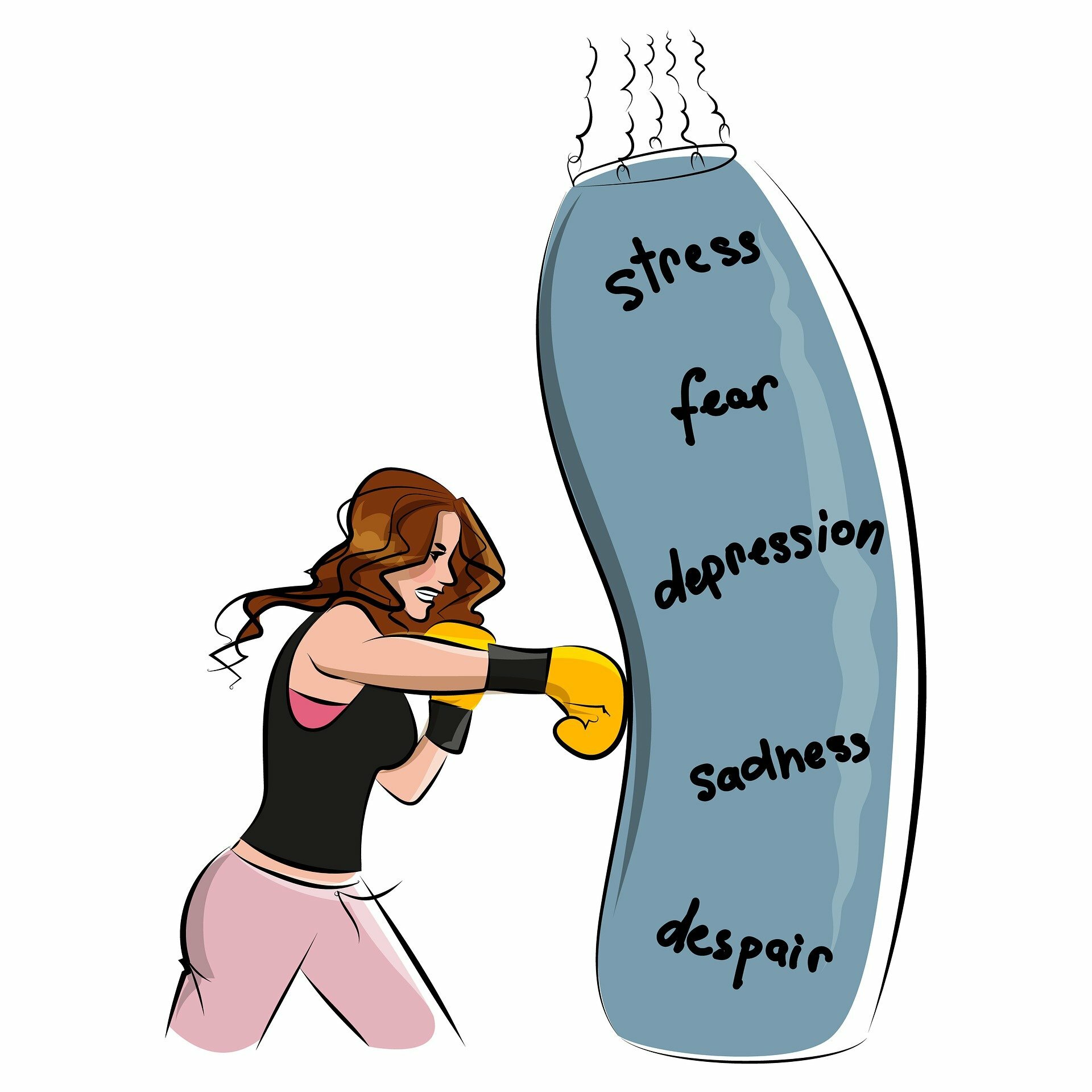Managing Stress, Fear, Depression, Despair, and Sadness
By Sarah's Village

Life’s challenges can bring about stress, fear, depression, despair, and sadness, but there are effective ways to manage these emotions and regain balance. A holistic approach, focusing on mind, body, and spirit, offers powerful tools to navigate these difficult emotions.
1. Mindfulness and Meditation
Mindfulness encourages living in the present moment, which helps reduce stress and anxiety. Meditation calms the mind, decreases negative thinking, and allows space for peace. Practicing just 10-15 minutes a day can have a profound impact on mental health.
2. Physical Exercise
Exercise boosts endorphins, the brain’s "feel-good" chemicals, which help elevate mood and reduce feelings of sadness or despair. Activities like walking, yoga, and strength training are excellent for improving mental clarity, reducing stress, and increasing overall happiness.
3. Nutrition and Sleep
A balanced diet rich in whole foods, healthy fats, and lean proteins nourishes the brain, helping stabilize mood and energy levels. Avoid excess caffeine and processed foods, which can exacerbate anxiety and stress. Prioritizing sleep is equally important—aim for 7-9 hours per night to allow the body to reset and recharge.
4. Social Connection
Isolation can intensify feelings of sadness and despair. Reach out to trusted friends, family, or a counselor when needed. Sharing your emotions with others lightens the burden and can provide new perspectives and support.
5. Breathing Techniques
Deep, intentional breathing reduces stress and soothes the nervous system. Practicing deep breathing exercises, like the 4-7-8 technique, can help you regain control over anxious thoughts and feelings of overwhelm.
6. Gratitude Practice
Focusing on what you’re thankful for, even in tough times, helps shift your mindset from negative to positive. Start a daily gratitude journal, listing at least three things you're grateful for each day.
7. Seek Professional Help
Sometimes, managing difficult emotions alone can be overwhelming. Seeking the help of a therapist, counselor, or support group can provide guidance, tools, and support for long-term healing.
By incorporating these strategies, you can reduce stress, alleviate fear, and manage feelings of sadness and despair in a healthy, balanced way.





